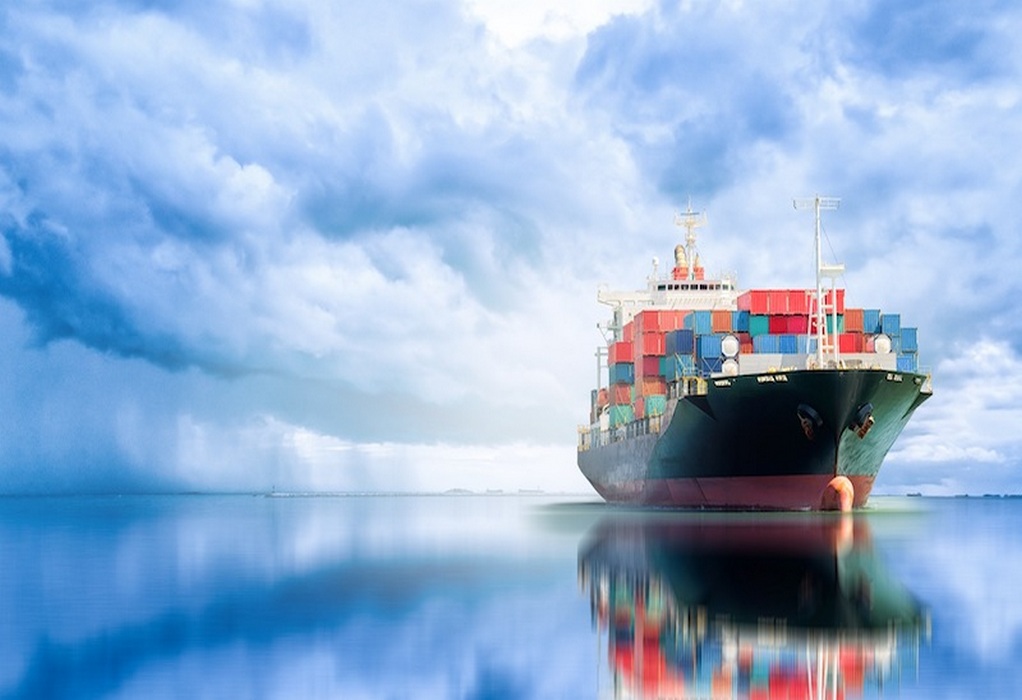DB Schenker and MSC signed an agreement to transport at least 30,000 TEUs of cargo with net-zero emissions in 2023, part of a move to decarbonize ocean freight.
The forwarder secured 12,000 metric tons of biofuel, which will be mixed with fossil-based marine fuels for all of its less-than-container load, full-container-load and refrigerated containers shipments with MSC, according to the release.
Customers of DB Schenker can pay a surcharge to transport shipments with sustainable fuels. Shippers also have the option to receive a certified proof of the emission reduction to help with ESG reporting.
With more companies being tasked to measure their carbon emissions, customers are asking for greener solutions from their transportation providers.
Under the new agreement, shippers can select the option for biofuel at a premium.
The agreement between MSC and DB Schenker isn’t the first. Last year, the freight forwarder teamed up with CMA CGM to offer net-zero carbon ocean container transport for its customers. The purchase contract was for over 2,500 tons of biofuel. The spokesperson further noted that DB Schenker is “open to further partnerships.”
DB Schenker aims to utilize sustainable fuels across multiple modes, and also offers the option for sustainable aviation fuel on air cargo shipments.
Tags: Cargo, DB Schheker, Decarbonise, Zero Emission



Recent Posts
Egypt Advances Maritime Decarbonisation with National Action Plan Backed by IMO
Fuelre4m unveils VIRDIS: A predictive AI breakthrough in global fuel distribution, powered by Five9nes
EXMAR Launches First Ammonia-Fueled Gas Carrier at HD Hyundai Mipo
Japan-Backed Green Hydrogen Centre Planned for Uttar Pradesh
JSW Group Outlines Major Push into Commercial and Heavy Electric Vehicles
Lloyd’s Register Grants Approval in Principle for KSOE’s Multi-Fuel Newcastlemax Bulk Carrier Design
Eureka Shipping Deploys HVO-Ready Cement Carrier Tamarack for Great Lakes Operations
Terntank Places Repeat Order for VentoFoil Wind Propulsion Units on Methanol-Ready Hybrid Tankers